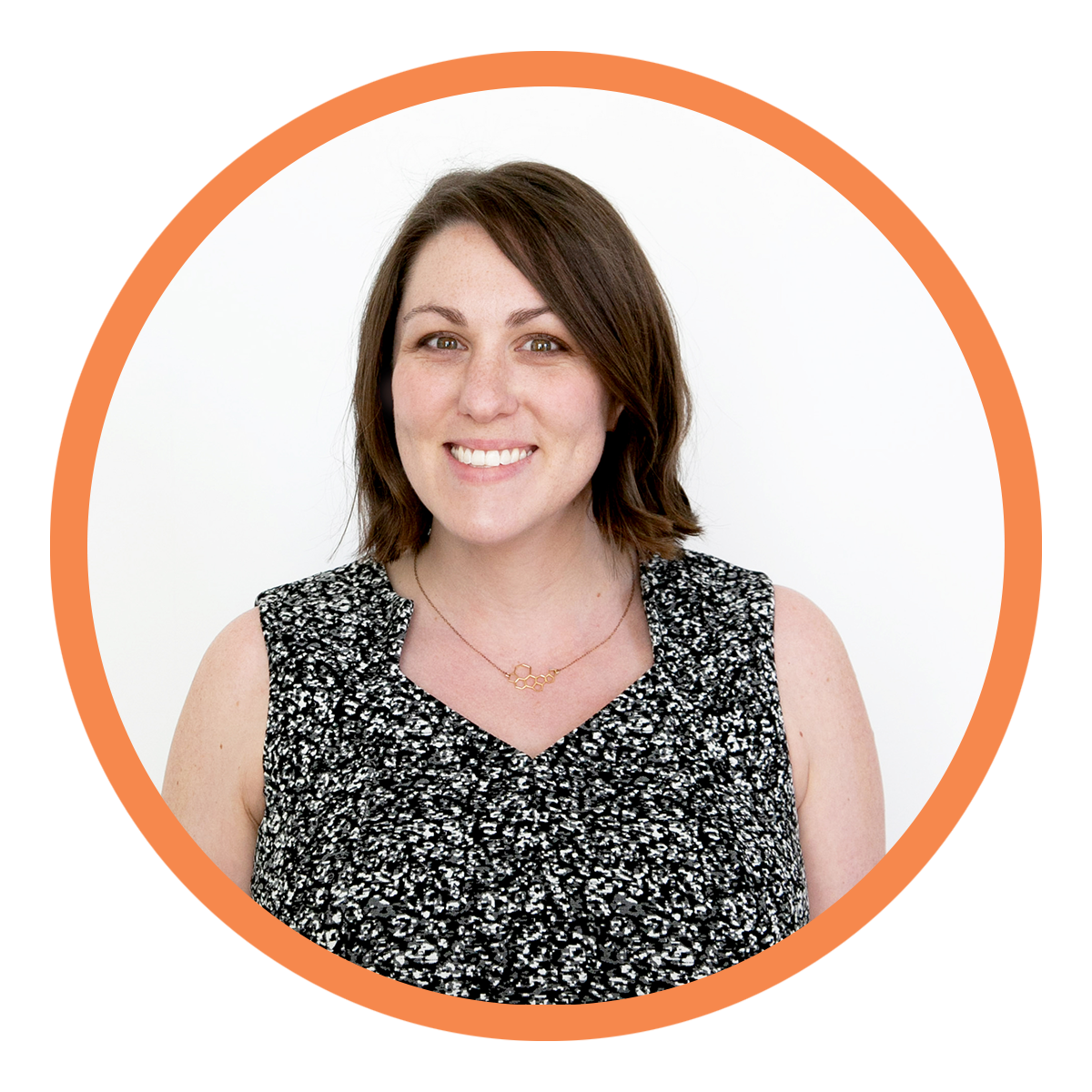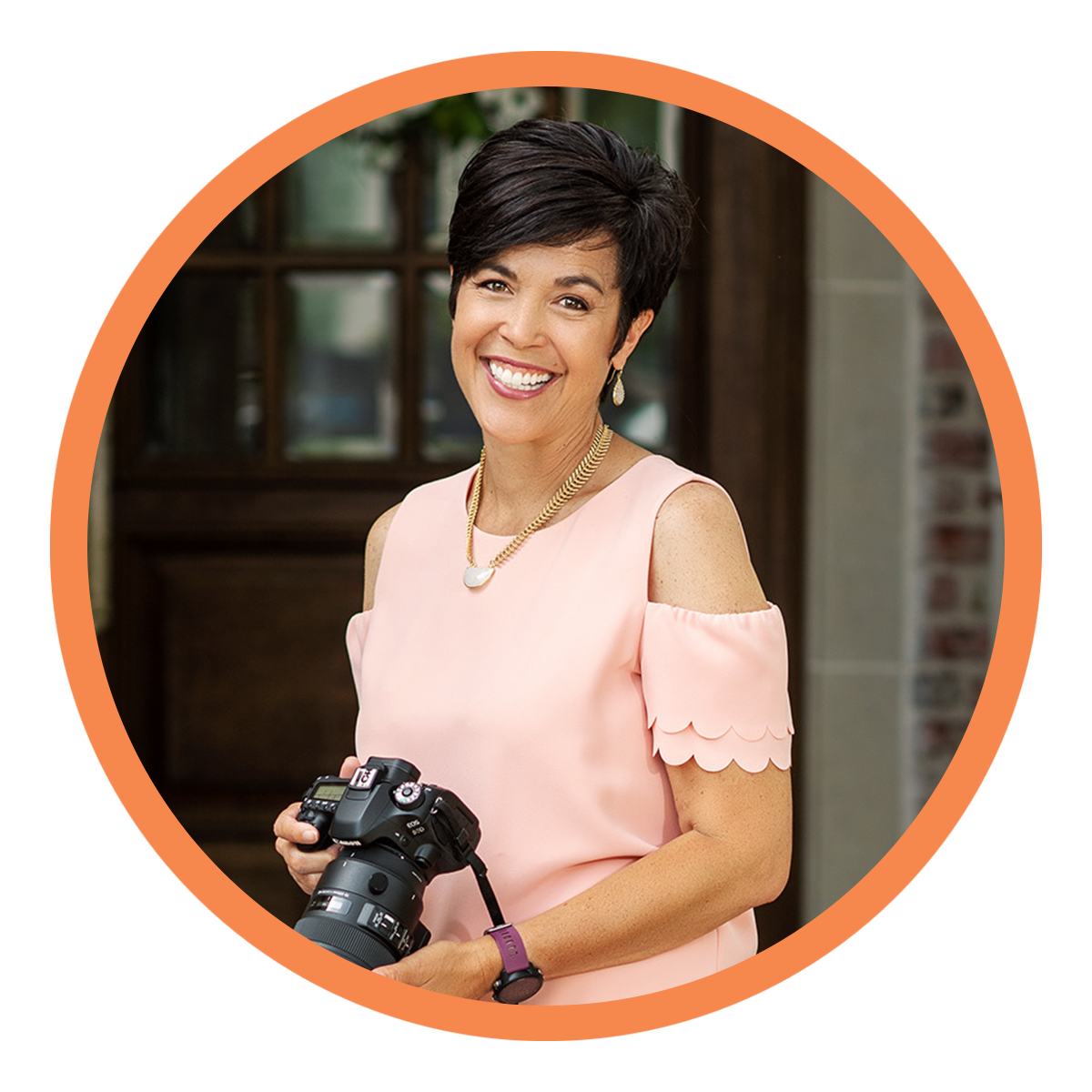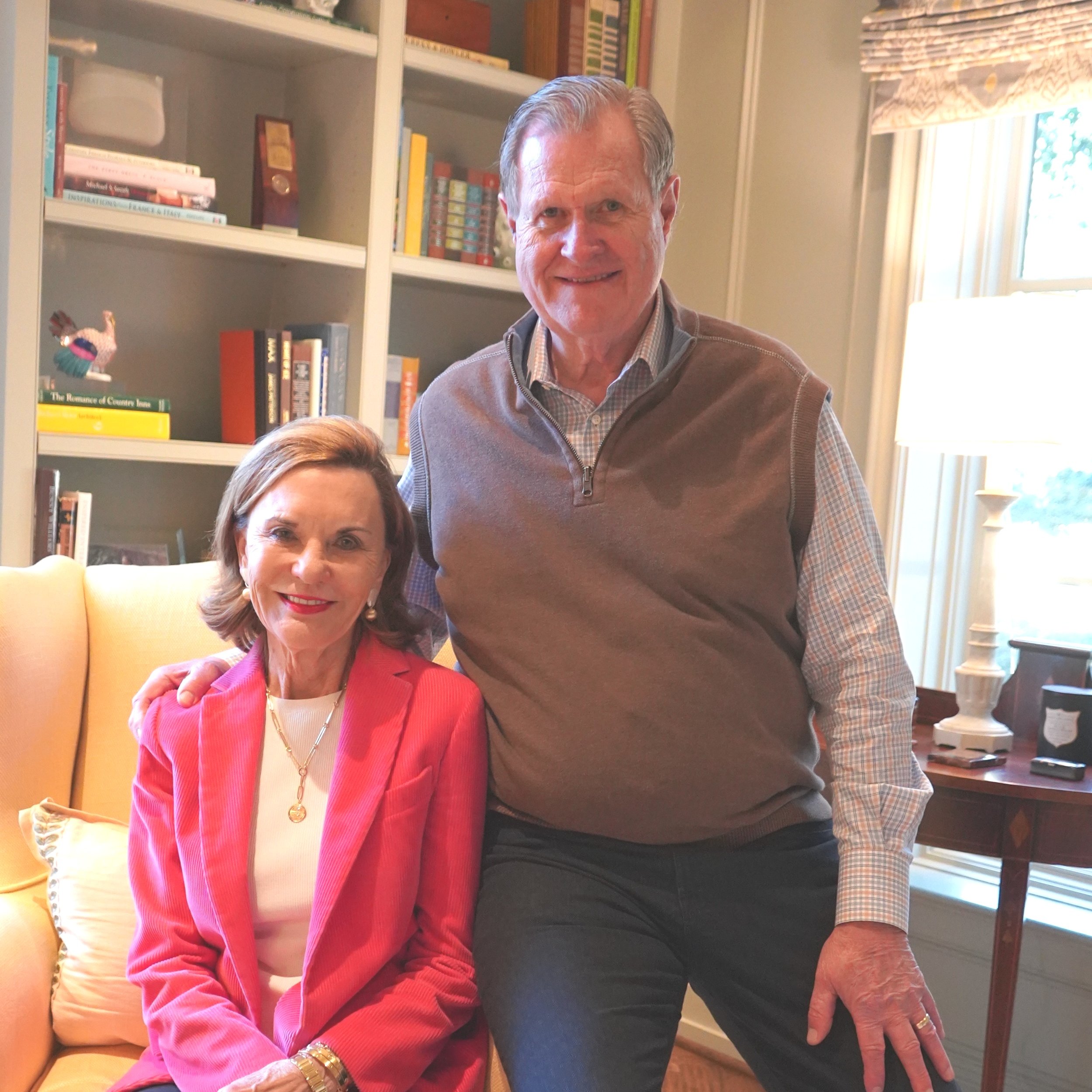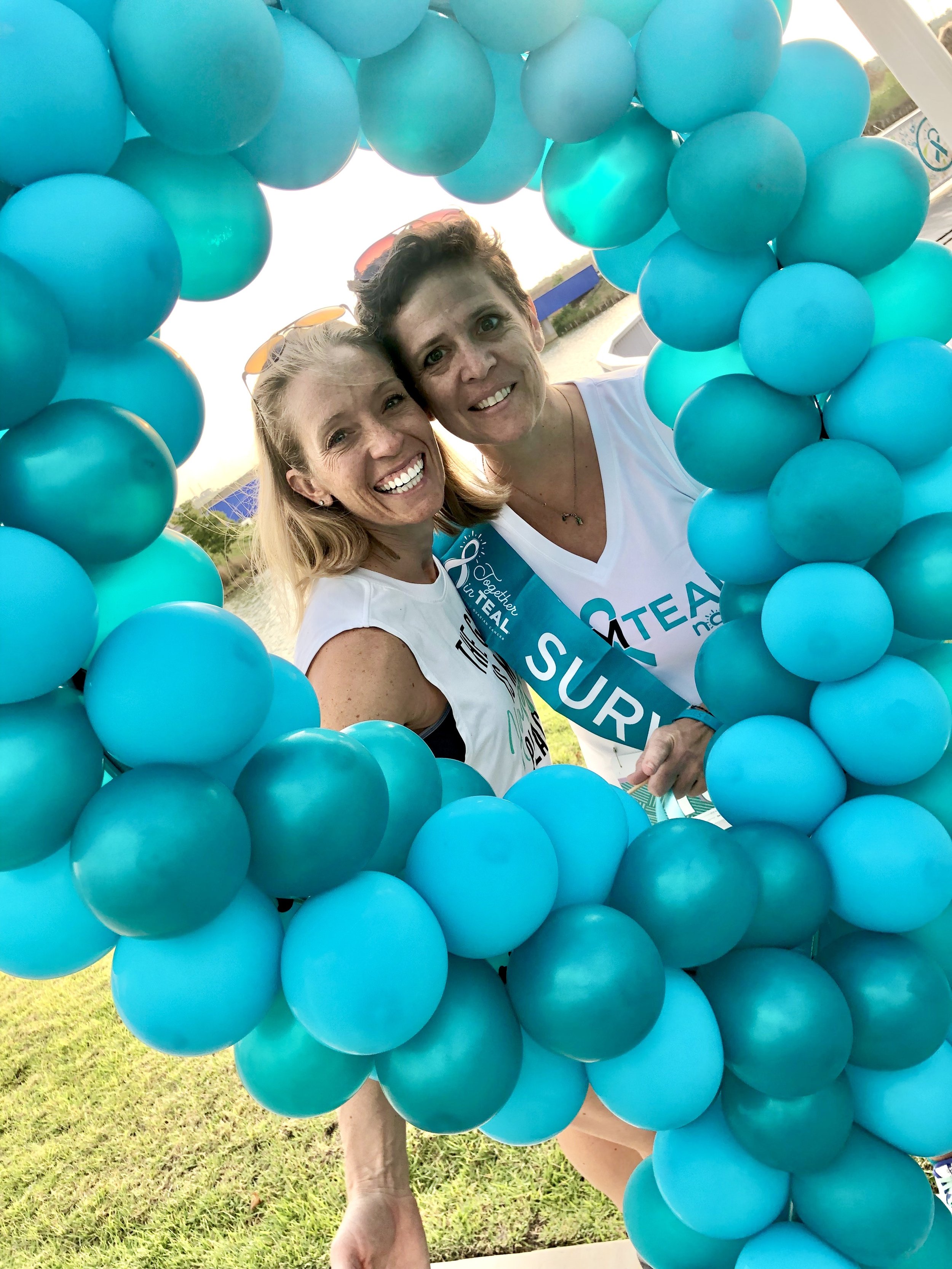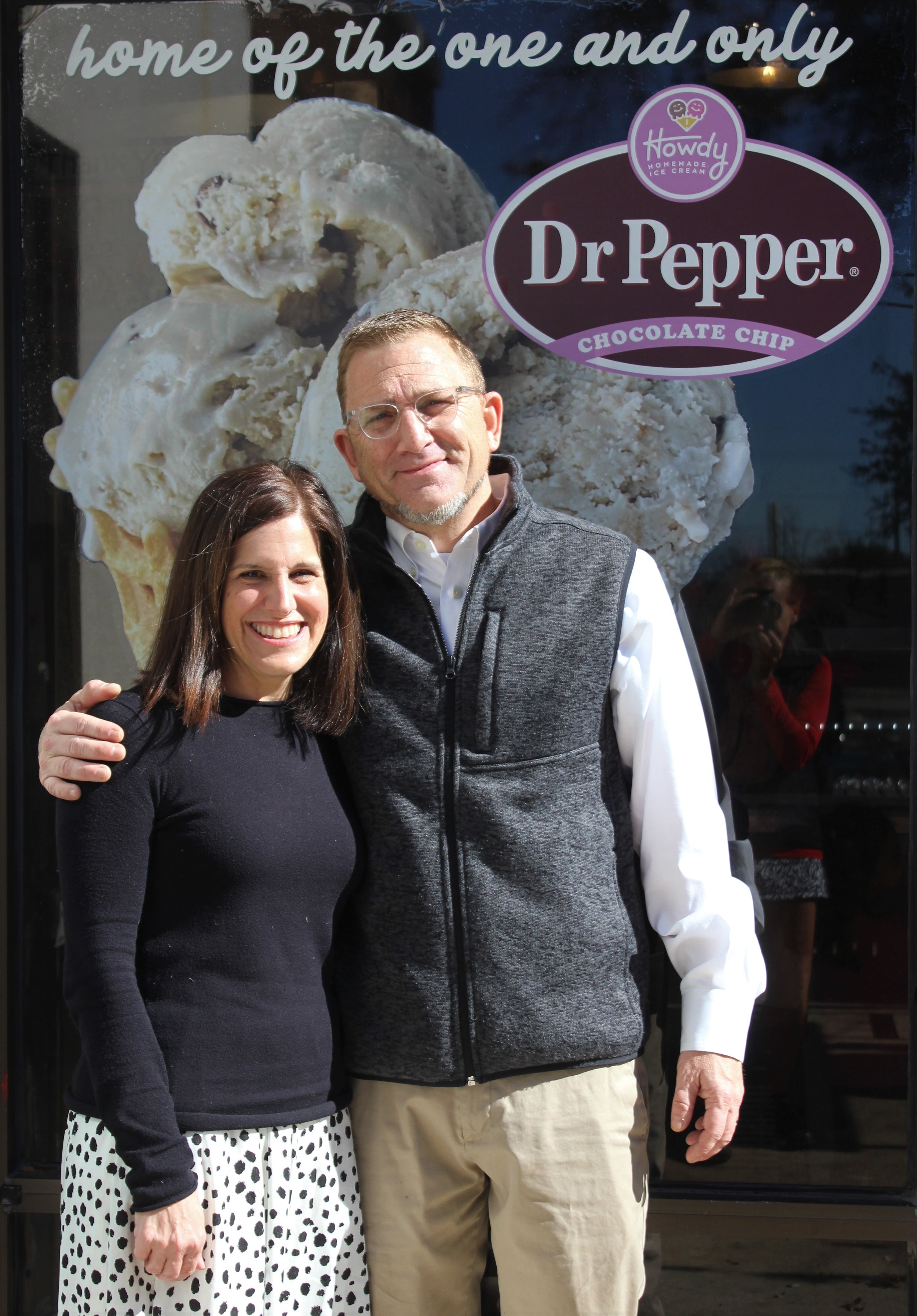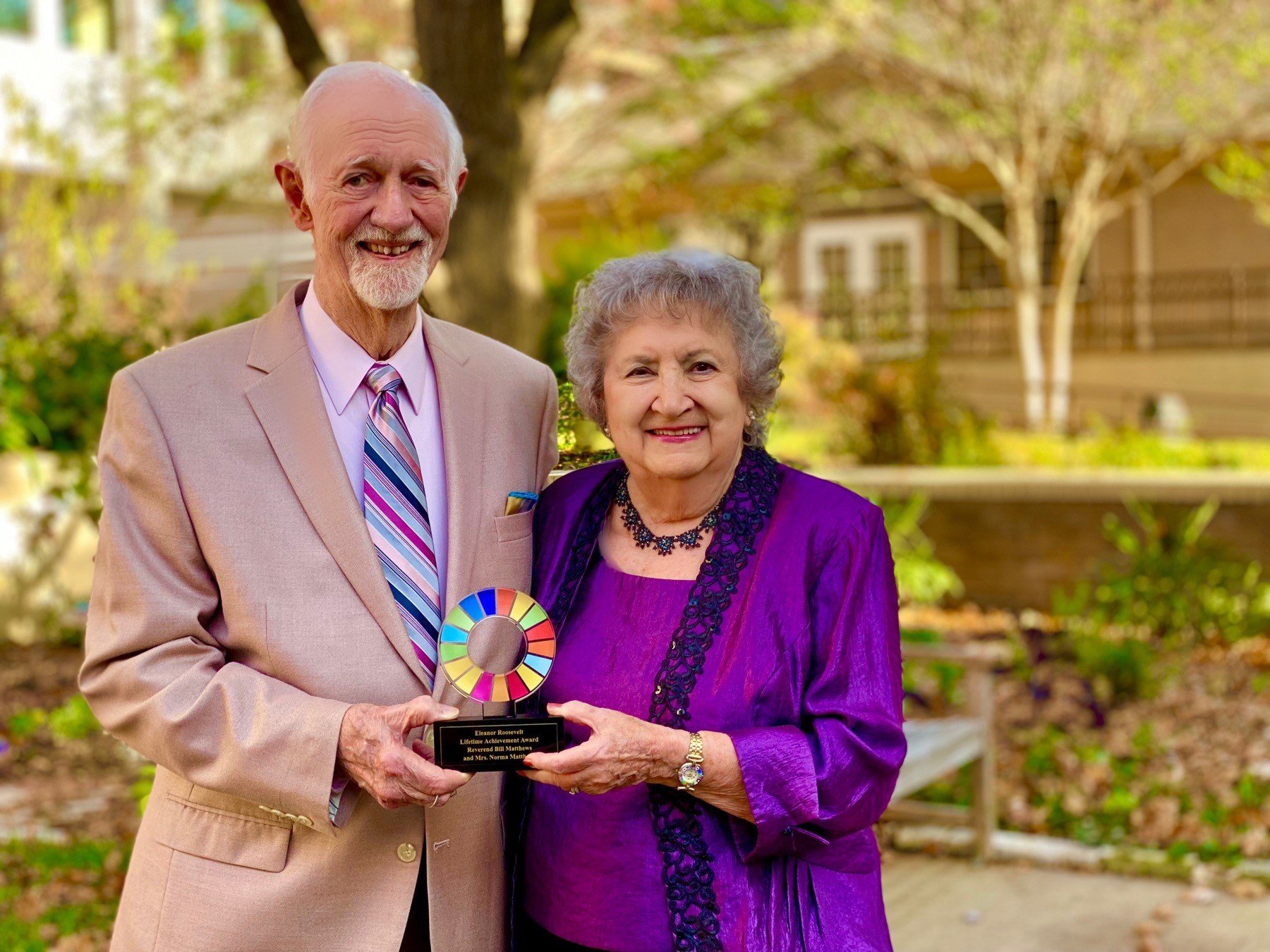Published November 18, 2020 at 10:16pm
Story by Mary Martin. Photos by Erin Schreyer.
In the sixth grade Joli Robinson looked out the window of her family car as her mother drove through the neighborhoods of their new city. In Dallas, Joli saw houses of every kind, unlike the military bases where she had spent her early years. There the houses had all looked the same, row after row. But in this new city the houses ranged from large and impressive to small and rundown, and, even as a middle school student, Joli could sense the disparity. Two decades later, Joli has dedicated her career to the larger conversations and policies around affordable housing and equitable neighborhood development.
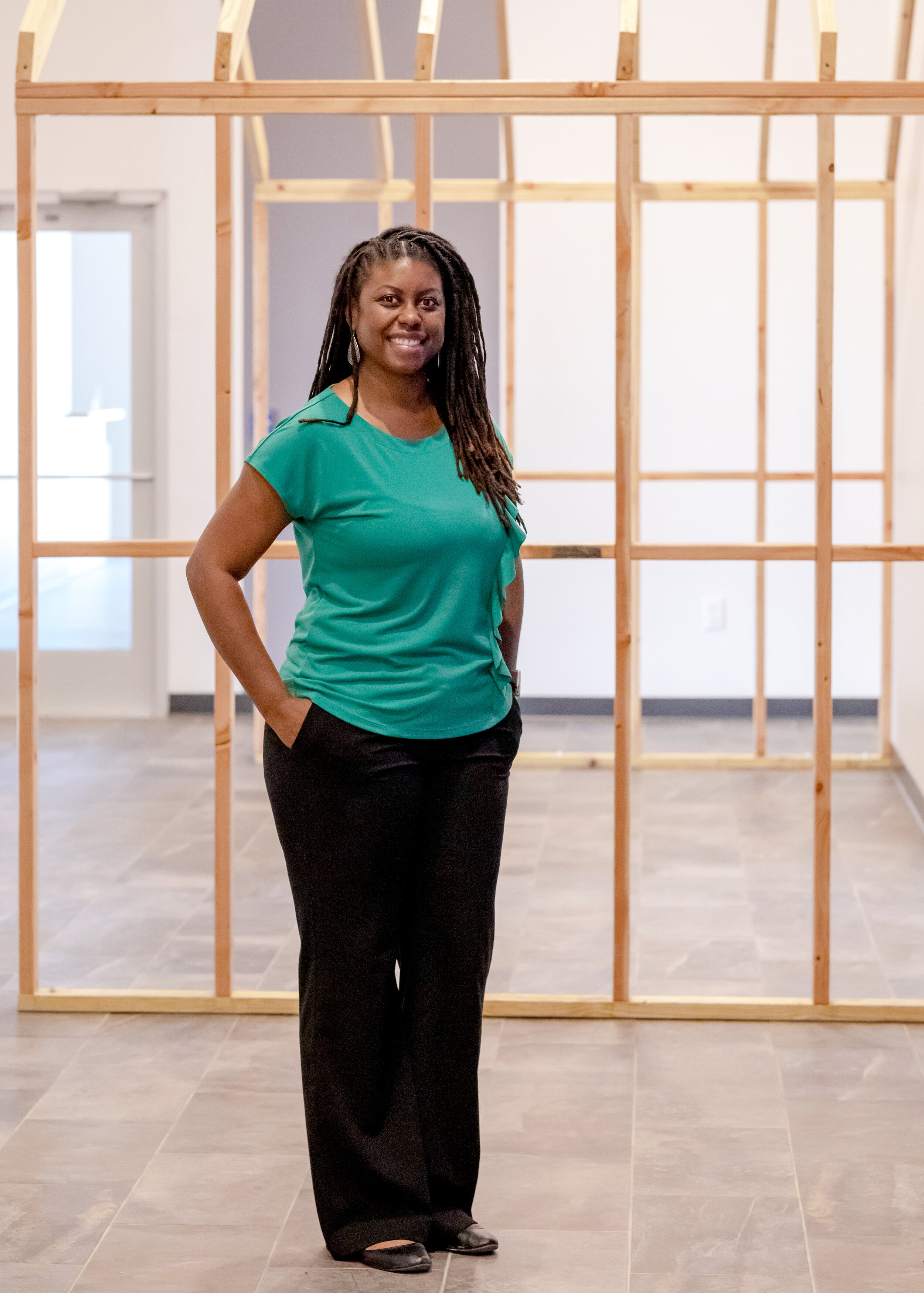
During her time in high school, Joli had her vision set on becoming a teacher, even taking on a teaching internship. Her desire was to help, and later considered a career in social work, but after graduating with her high school diploma, Joli wasn’t ready to start a new academic journey. She chose to work full time instead, finding a job with Verizon. “Once I started college, I zig-zagged the completion and it took me nine years to get my bachelor’s degree. The supervisors and mentors around me told me that the people making the rules had a degree, so I was motivated to finish.” Joli continued her education by earning a masters degree in communication from Dallas Baptist University and is now working toward her doctorate, focusing on organizational change and leadership. “It was that real life experience that showed me it was important to get my degree,” Joli says. The open doors that followed her education, along with her passion for service, have created opportunities for impact ever since.
Earlier this fall, Joli stepped into her new role as VP of Government Affairs & Public Policy at the Dallas Area Habitat for Humanity. She brings with her everything she learned while leading the Dallas Police Department Office of Community Affairs, where her work was focused on listening well and developing solutions with residents. “I have a strong sense of faith and direction—a north star. Whether I am working with the police or with Habitat, my north star is about service to others. My north star is ensuring people are invited to the table and being heard.” Joli’s unique position between communities and officials has created an expertise in bringing people together to find solutions.
The struggles many Dallas residents face are not far from Joli’s own life story. Though Joli describes her mother, who was an RN at both Parkland and Methodist Central hospitals, as her rock, her childhood was marked by adversity. “My birth father is currently homeless, and has been for about ten years, and growing up we had an abusive stepfather,” says Joli. “There are conversations I have with people now about overcoming the shame when it seems like you have a rocky start in life. But it is not my shame to carry and I speak about it openly.” But Joli’s mother also instilled a sense of purpose, adopting families for Thanksgiving and Christmas to provide meals and gifts, reminding Joli and her brother the importance of generosity.
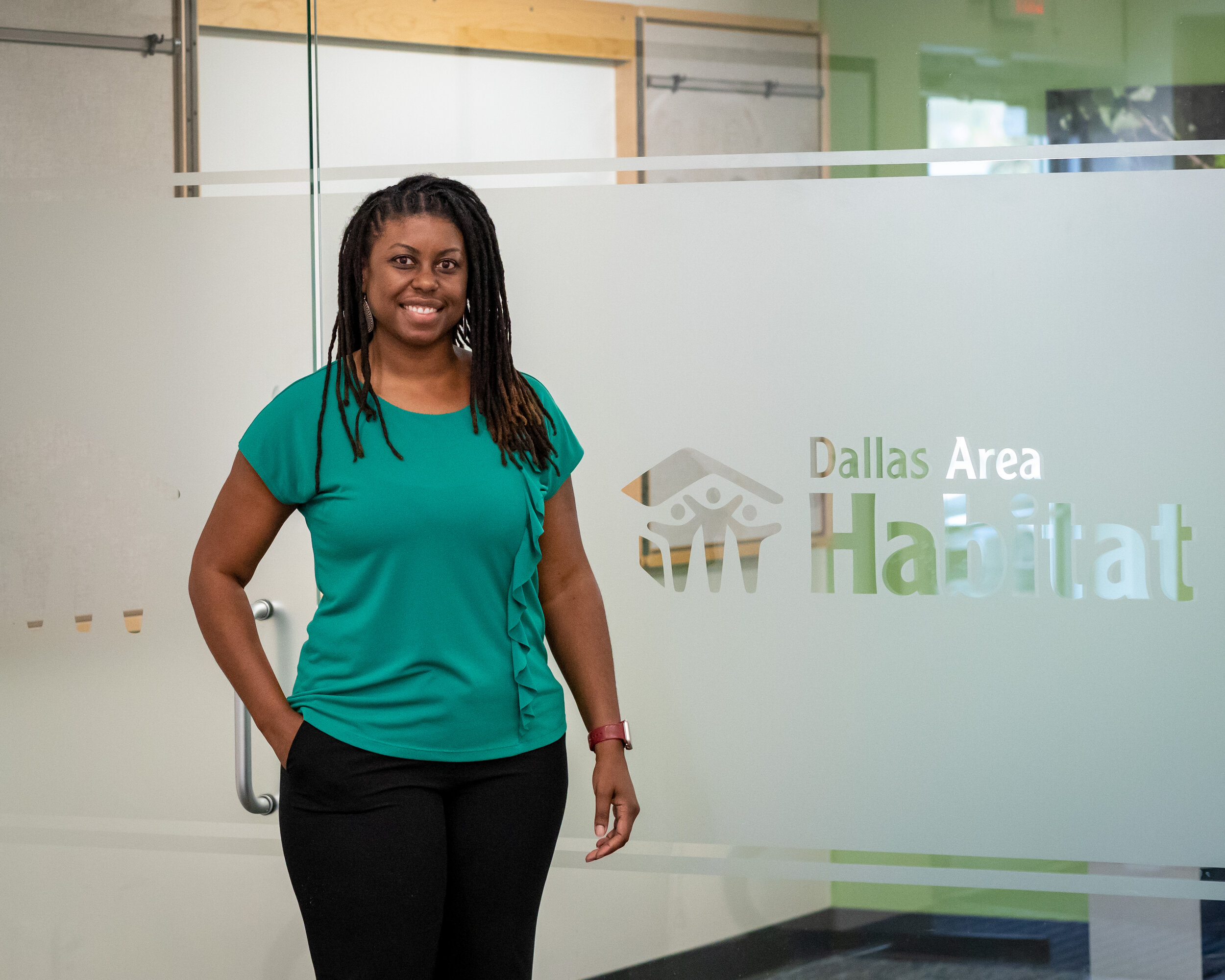
The conversation around generosity and access also carries into Joli’s work as a board co-chair at Dallas Truth, Racial Healing & Transformation (TRHT). She served as a representative for the organization as it was founded with help from the Kellogg Foundation and Communities Foundation of Texas, and Joli expresses she has continued learning from people gathered around the TRHT table. “One of the most moving experiences was an indigenous woman sharing her first experiences of racial awareness,” says Joli. “There are certainly oppression olympics that can happen, but so often indigenous people are left out simply because of their numbers, rather than being included around race and racism. What am I personally doing to make space, and demand space, and lift up, and advocate for, and invite to—for folks who may not be invited, including transgender, nonbinary, and ‘the other’ that most people don’t consider.” Leaning on the leadership team at TRHT, Joli is working to create a radically inclusive organization that honors those who have been working toward an equitable city for decades.
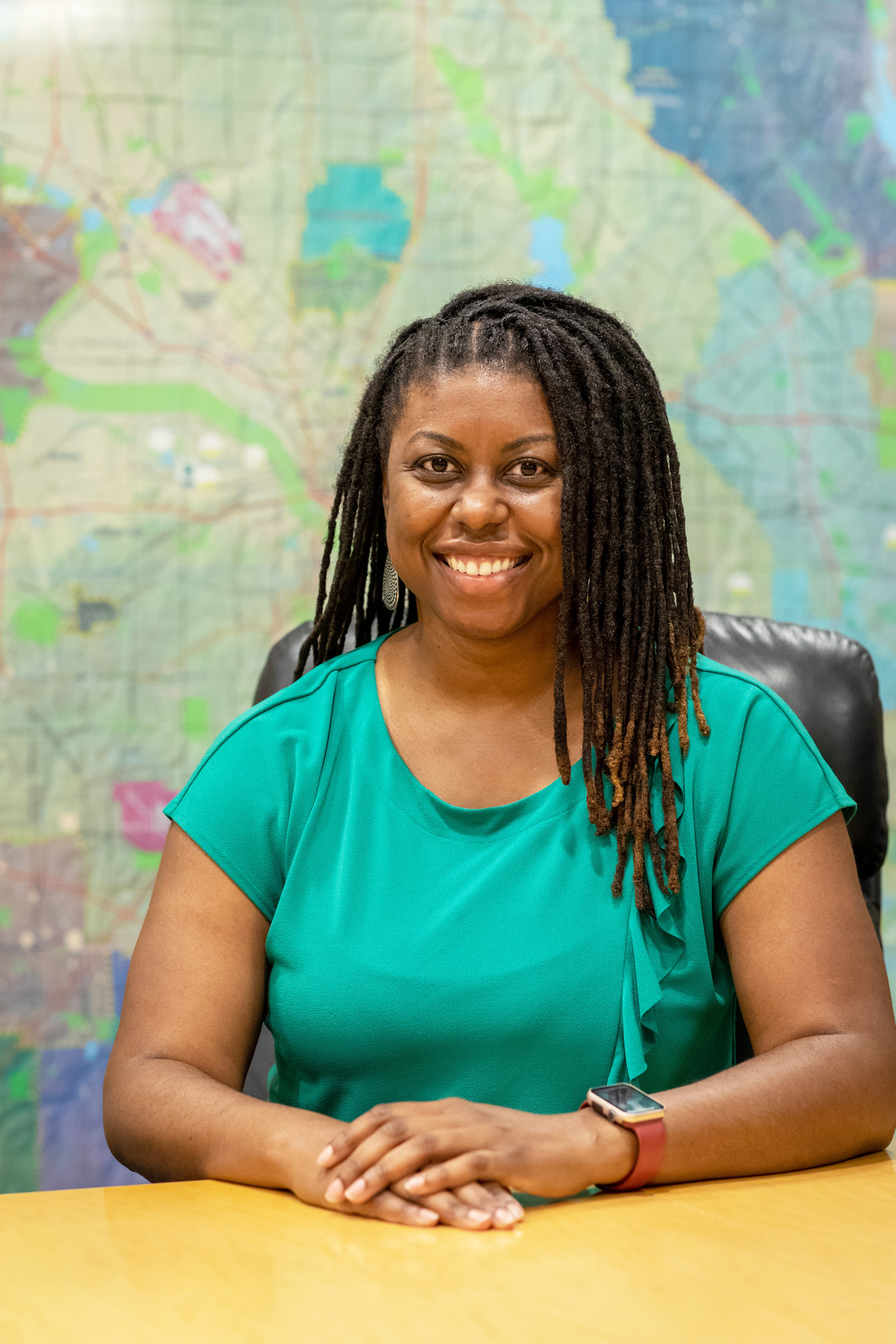
Joli’s unique perspective allows her to see the issue of affordable housing in a holistic manner. “To create change, we need to reconsider what affordable housing is,” Joli says. “It is not just Section 8 housing for a mother and her children. That’s not the full conversation. Leaders in Dallas have a philosophical question to consider—do we want to be a city that allows people across the income spectrum to live, work, and play within the city limits?” With eyes on corporations who consider the balance of affordable housing before choosing a city for its headquarters, Joli sees the direct impact housing can make on the creation of a world-class city. “Let’s be realistic about what people are making these days and where they can afford to live. I should have the opportunity not to be relegated to three or four zip codes in order to find something safe and comfortable, where my child is able to attend an effective community school. Opportunity available in any zip code is what affordable housing is all about.”
If you are interested in supporting the work of Habitat for Humanity around home ownership, advocacy, or financial literacy, you can start by visiting dallasareahabitat.org.
More Good Stories
Featured
When Kathy and Larry Helm heard about The Senior Source’s 60th Birthday Diamond Dance-Off, they knew they had to put on their dancing shoes! For the Helms, this event combined two of their passions into one. Celebrating and supporting The Senior Source, a Dallas-area nonprofit that has been serving older adults for 60 years, and dancing together, which they have been doing since they were high school sweethearts. Both Kathy and Larry have chaired the board of directors of The Senior Source and have been proud supporters since 1998. It seemed only fitting they should be voted into the finals to dance on stage at Klyde Warren Park this past summer.
In 2020, more than 912,000 women were diagnosed with some form of cancer in the United States alone. During that same pandemic year, countless medical appointments were canceled while people were social distancing, and yet still each day nearly 2,500 women heard the news, “you have cancer.” There is no doubt that these words can be crushing to hear, but what’s equally crushing is the lack of tangible, encouraging support that exists to help women feel beautiful, strong or “normal” before, during and after cancer treatment.
When Tom Landis opened the doors to Howdy Homemade in 2015, he didn’t have a business plan. He had a people plan. And by creating a space where teens and adults with disabilities can find meaningful employment, he is impacting lives throughout our community and challenging business leaders to become more inclusive in their hiring practices.
Have you ever met someone with great energy and just inspired you to be a better you? Nitashia Johnson is a creator who believes by showing the love and beauty in the world it will be contagious and make an impact. She is an encourager and knows what “never give up” means. Nitashia is a multimedia artist who works in photography, video, visual arts and graphic design. Her spirit for art and teaching is abundant and the city of Dallas is fortunate to have her in the community.
The United Nations Association Dallas Chapter (DUNA) honored Rev. Bill and Norma Matthews for their ongoing commitment, helping advance the United Nations Sustainable Development Goals agenda by promoting peace and well-being.
